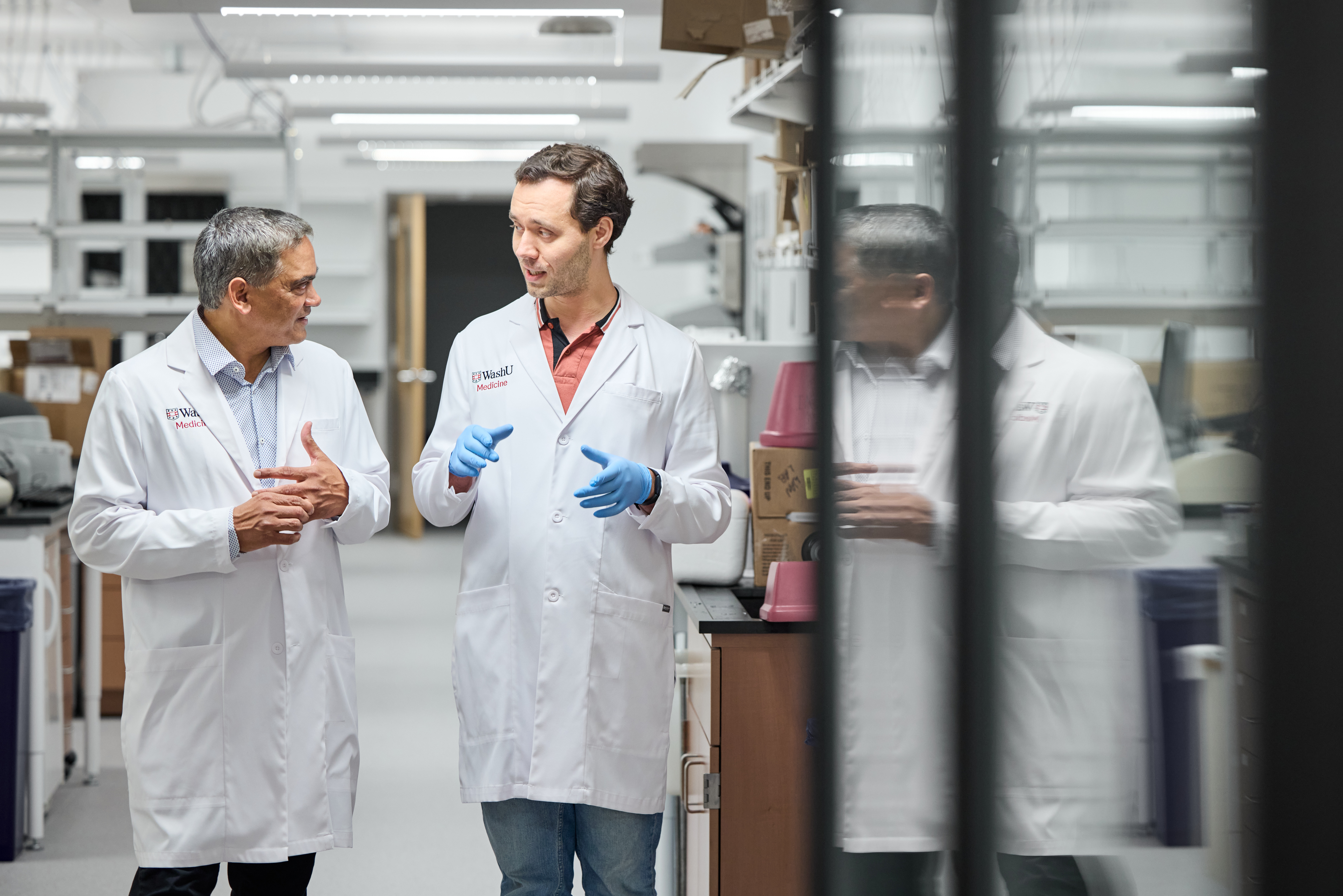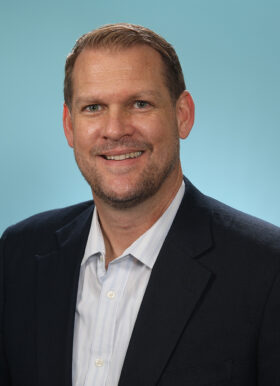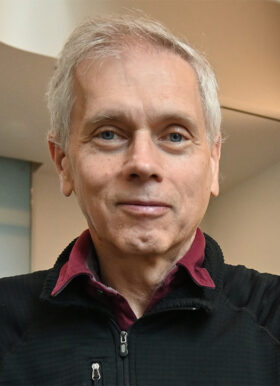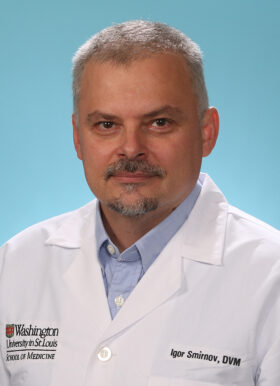
Immunobiology (IMM)
Overview
Chief: Kodi Ravichandran, PhD
The Division of Immunobiology is one of five divisions within the Department of Pathology & Immunology, and is committed to cutting-edge, leading research in basic immunology.
The division was established in 2006 in recognition of the long and distinguished history of immunology research in our department. With 14 basic science laboratories, including four members of the National Academy of Sciences, the division is internationally recognized for its key discoveries in immunology.
Immunobiology also serves as the backbone of the Immunology Graduate Training Program in the School of Medicine, working closely with faculty in the Division of Laboratory and Genomic Medicine and other immunologists at the university to promote superior education and training for future scientists. Current trainees include over 40 post-doctoral fellows and 100 graduate students.

Faculty

Steven Van Dyken, PhD
Associate Professor (tenured), Pathology & Immunology
Contact
- Email: svandyken@wustl.edu
- Phone: 314-273-2520

Marco Colonna, MD
Robert Rock Belliveau, MD Professor of Pathology & Immunology
Contact
- Email: mcolonna@wustl.edu
- Phone: 314-362-0367
Office Location: BJC Institute of Health, 8th Floor, Office 8602

Igor Smirnov, DVM
Associate Professor, Pathology & Immunology
Contact
- Email: ismirnov@wustl.edu
- Phone: 314-273-2283
Division: Immunobiology
Division Events
Latest News

Job Opportunities
We are looking for passionate individuals who are eager to push the boundaries of scientific discovery and advance the frontiers of knowledge. Here, your work will intersect with cutting-edge research and transformative healthcare, offering a career path filled with growth and learning.
Contact Us
Would you like to contact us directly?
We will be able to help you with any questions you want to send our Anatomic and Molecular Pathology Core Lab
